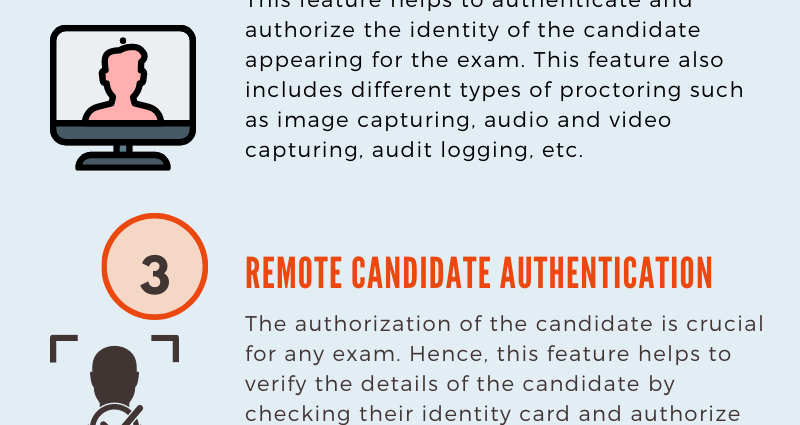There is a common belief that cheating is following the natural instinct to have many partners, and not a free choice of a person. What is the biological background of betrayal and how to resist it? Mindfulness coach Kelly Boys says.
At the age of 20, I went on a trip to Europe, where I met my crazy love. After the trip, we began a relationship at a distance. I lived in Canada, he lived in Germany. In my eyes, our relationship was strong and beautiful. I didn’t doubt them for a second.
But a few months later, I found out that my boyfriend slept with his girlfriend. He said it didn’t mean anything to him. He claimed that our relationship is the main thing in his life, and asked for forgiveness. I made the decision to stay with him.
We spent another four years together, but never recovered from the betrayal. He was filled with shame, I was filled with anxiety and distrust. Relations deteriorated. Once I went to a party without him and suddenly found myself kissing a guy I hardly knew. I realized that our relationship can no longer be saved.
I never thought I was capable of this. Similarly, I did not think that my ex-boyfriend was capable of treason. The history of our relationship made me think: why do we cheat on our partners? And is there anything that can be done to avoid this?
The act of cheating, whether it’s a flippant kiss with a colleague at a corporate party or a full-blown romance for years, stems from our disconnection from ourselves. The root of the problem is that we live in conflict with deep aspirations and beliefs.
Sincere conversation and honest communication, unlike deceit, builds trust and emotional closeness.
In The Blind Spot Effect, I talk about numerous cases when we do not notice things that lie in front of our noses, and, on the contrary, we see things that are not really there. We all have blind spots. But we can learn to recognize them and neutralize their impact, both in love and in other areas of life.
Psychologist Helen Fisher divides the whole process of love into three parts: passion, attraction, and attachment. This means that we can be in a long-term relationship with one person (attachment), at the same time be sexually attracted to another (passion) and simultaneously fall in love with a third person (attraction).
When we fall in love, our palms sweat, our cheeks turn red, we are covered with passion and anxiety. In our body, the production of the neurotransmitter dopamine increases and the level of cortisol, the stress hormone that helps us cope with this condition, jumps. In parallel with this, the production of the neurotransmitter serotonin, which plays the role of a natural mood stabilizer, falls. As a result, we are consumed by exciting thoughts, hopes and fears associated with the object of our passion.
In addition, we experience a surge of adrenaline and norepinephrine, which make us go stupid with love and fixate on the object of adoration. It’s no wonder that amid this storm of hormones and neurotransmitters, many of us commit rash acts that are later explained by the words «love is blind.»
If you want to build a deep and lasting relationship, you first need to understand and understand what drives you. When you understand the nature of your drives, complexes, needs and vulnerabilities, you can build a healthy relationship with yourself. You will begin to tell yourself the truth and listen to your inner voice. Only in this case will you get a chance to share your imperfect inner world with another person.
If you’re in a relationship and you’re attracted to another person, don’t be quick to lash out. Here are three tips to help you deal with this situation.
1. Remember that «this too shall pass»
Any feeling, no matter how strong, weakens over time. Even if now it captures you entirely, try to look at it from afar. Mindfulness practices will help you with this, which teach you to notice your experiences in a timely manner and at the same time not judge them.
You will watch emotions come and go without getting stuck in them. Research shows that mindfulness practices help us reduce emotional reactivity and teach us to observe our feelings from the outside.
2. Pasikalbėkite su partneriu
Telling your partner about your new hobby is, at first glance, terrible advice. But by opening your soul to him, you give him the opportunity to help you. Sometimes one frank conversation is enough to weaken the attraction.
It may be difficult for you to even think about such a conversation. You are afraid to offend and insult your partner with such a confession. But in fact, sincere conversation and honest communication, unlike deceit, contribute to building trust and emotional closeness.
3. Resist temptation
If you feel tempted to give in to temptation, don’t. Do not skip the second point, be sure to talk to your partner first. This is necessary first of all for you, so as not to lose your integrity and not lose a sober look at the situation.
Even if this conversation marks the end of your relationship, you will end it honestly without cheating on yourself. In addition, a sincere heart-to-heart conversation can, on the contrary, kindle a flame in your relationship that, it would seem, has long been extinguished.
If you want to build happy and healthy relationships with the people you love, it’s important to find your blind spots and acknowledge their impact on you. Only when you are true to yourself can you form deeper and stronger bonds with other people.
About the author: Kelly Boys is a mindfulness trainer for UN staff and author of The Blind Spot Effect. How to start noticing what lies in front of your nose.










